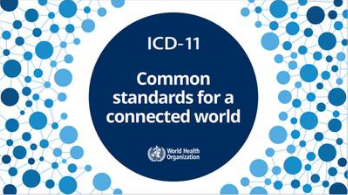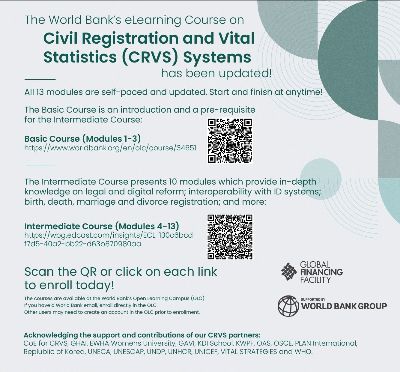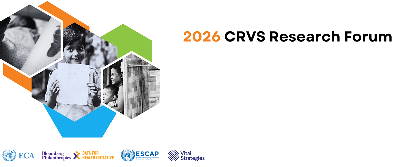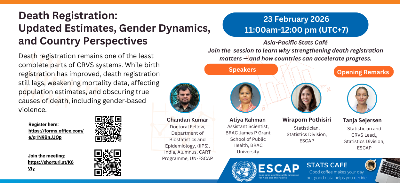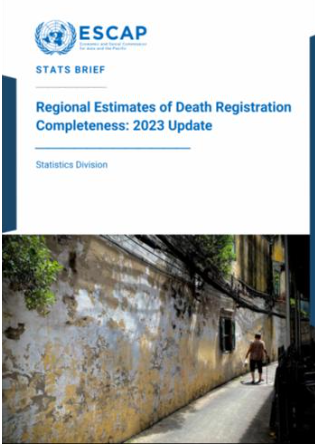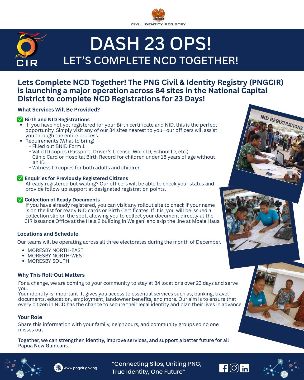The World Health Organization's (WHO) Eleventh Revision of the International Classification of Diseases (ICD-11) has now come into effect.
The International Classification of Diseases (ICD) provides a common language that allows health professionals to share standardized information across the world. ICD is used by health insurers who make reimbursement decisions on the basis of ICD coding, by national health programme managers, by data collection specialists, and by anyone who tracks progress in global health and determines health resource allocation.
Compared with previous versions, ICD-11 is entirely digital with a new user-friendly format and multilingual capabilities that reduce the chance of error. It has been compiled and updated with input from over 90 countries and unprecedented involvement of health-care providers.
Among other updates, ICD-11 improves the clarity of terms for the general public and facilitates the coding of important details such as the spread of a cancer or the exact site and type of a fracture. The new version also includes updated diagnostic recommendations for mental health conditions and digital documentation of COVID-19certificates.
ICD-11 was adopted at the 72nd meeting of the World Health Assembly in 2019 and member States committed to start using it for mortality and morbidity reporting in 2022.
Resources and implementation guides to support the transition to ICD-11 can be accessed here.


